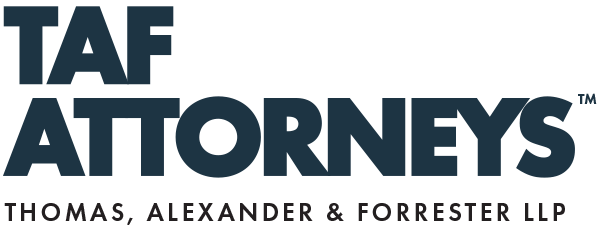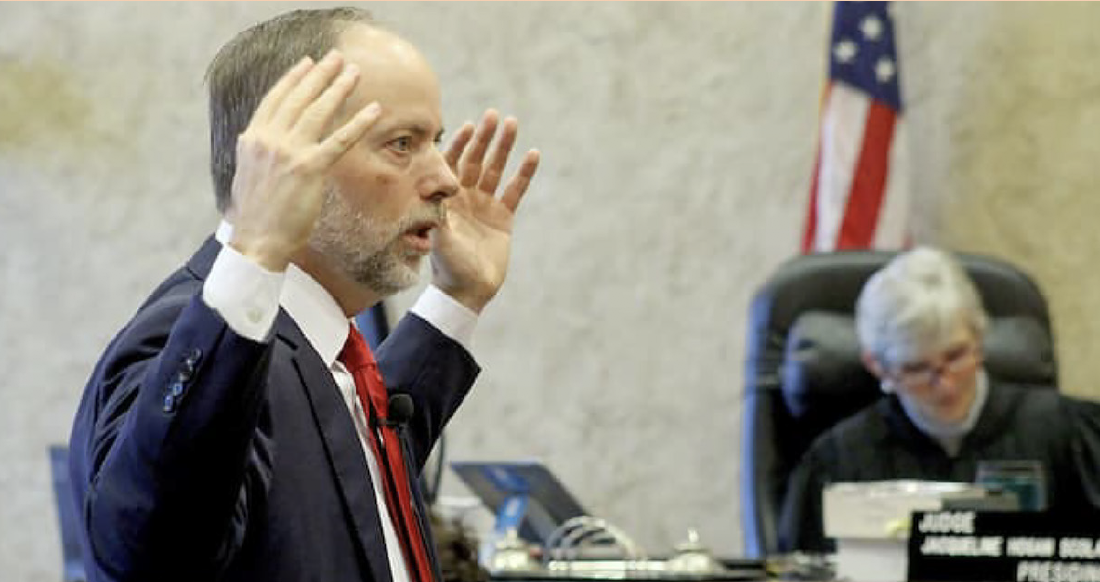by Ben McLannahan, Financial Times
Steven Thomas had enough cash to pay about three months of bills in 2007, when he quit Sullivan & Cromwell to set up on his own. Deserting the elite Wall Street law firm was virtually unheard of; partners sometimes left to join a client such as Goldman Sachs, but almost never to start from scratch. But Mr Thomas had become known as the go-to guy in the emerging world of auditor liability, wringing settlements out of some of the world’s biggest professional services firms.
Now, almost a decade on, the 49-year-old lawyer from a small town in Missouri is fighting his most high-profile case yet, representing the trustee of Taylor, Bean & Whitaker, a mortgage company that collapsed after cooking up fake assets to use as collateral for loans. The trustee claims that PwC, the auditor of the bank that supplied TBW with most of its money, was negligent in providing six years of clean audits. It is suing PwC for $5.5bn plus punitive damages in a Miami state court, in the biggest trial of an audit firm.
A big award against the defendant could embolden other plaintiffs to go after auditors, which have mostly escaped the heavy penalties paid by banks, brokers and other intermediaries in the wake of the financial crisis.
“This audit system is broken and real people are getting hurt all the time, scandal after scandal after scandal,” says Mr Thomas. “We think we’re getting real close to making it a different world for auditors.”
Clients and colleagues rave about his even temper, his guileless handling of juries and his “gentlemanly” presence in court. He is known for doing long stretches on his feet without notes, simply letting witnesses speak and reacting to what they say.
There was a good example last week in Miami when Mr Thomas called a PwC partner to the stand to grill him over what he understood to be a “red flag” in the context of an audit. In a videotaped deposition, the partner said he was “not familiar” with the term. On the stand he said “the first thing” that came to mind was a flag on a beach to warn away swimmers.
“What I’m saying is the term ‘red flag’ is not in the auditing literature,” said the partner, Gary Westbrook, according to court transcripts. “That’s not something that we use . . . to describe any issue.”
Mr Thomas then produced an email from Mr Westbrook’s audit manager and an official PwC workpaper for the Colonial account, both of which used the term. Displaying the workpaper, he asked Mr Westbrook to explain a small icon — a red flag — at the foot of it. The auditor called it a “tick mark”.
That is Mr Thomas all over, says Don Workman, a bankruptcy specialist at BakerHostetler in Washington, DC. “He is able to take things, and turn them to his advantage, better than anyone I’ve ever seen.”
He grew up in Carl Junction in southwestern Missouri, which he says is “a town so small it didn’t have a stop light”. His father worked at a plastic packaging factory; later, his mother worked nights as a receptionist in a hospital.
After Duke University School of Law he joined Sullivan’s Los Angeles office to be close to his elder brother, Darrell Ray, a TV writer who was then trying to make it as a stand-up comic. It was there that he carved out a niche in working for plaintiffs on a no-win, no-fee basis — a model he has preserved to this day. “It’s never an issue that we have any other incentive than to win,” he says.
That never sat very well with Sullivan, the whitest of white-shoe law firms, which liked to bill by the hour and preferred not to upset its big corporate clients. Within a couple of months of Mr Thomas’s breakthrough case in 2007 — a record $522m jury verdict against BDO, the number five global accounting firm, later reversed on appeal — he quit. (The firm sued him later that day, over how to divide the fees.)
Victories have brought him riches; he now lives in Pacific Palisades, a plush part of Los Angeles, and drives a top-end Cadillac. But he still runs the firm, Thomas, Alexander, Forrester & Sorensen, from a beach house in Venice, a stone’s throw from the water, and uses the same couch and conference table he bought in the early days from Craigslist. He shares the space with his four partners, an office manager and her dog named Daphne.
Some opponents cry foul, saying that Mr Thomas and his small team have prospered by exploiting jurors’ ignorance of the way auditors go about their work. “An audit is not a forensic exercise, yet he argues this is CSI Miami,” complains Karen Bitar of Seyfarth Shaw in New York, who came up against him in the BDO case.
But in the remaining three or four weeks of the trial, Mr Thomas is unlikely to change the playbook.
“Our mantra has been the same” over the years, he says. “We just want to get the truth to the jury.”
Photo by J Ablert Diaz/ALM

 TAFS ATTORNEYS - THOMAS, ALEXANDER, FORRESTER & SORENSEN LLP
TAFS ATTORNEYS - THOMAS, ALEXANDER, FORRESTER & SORENSEN LLP



